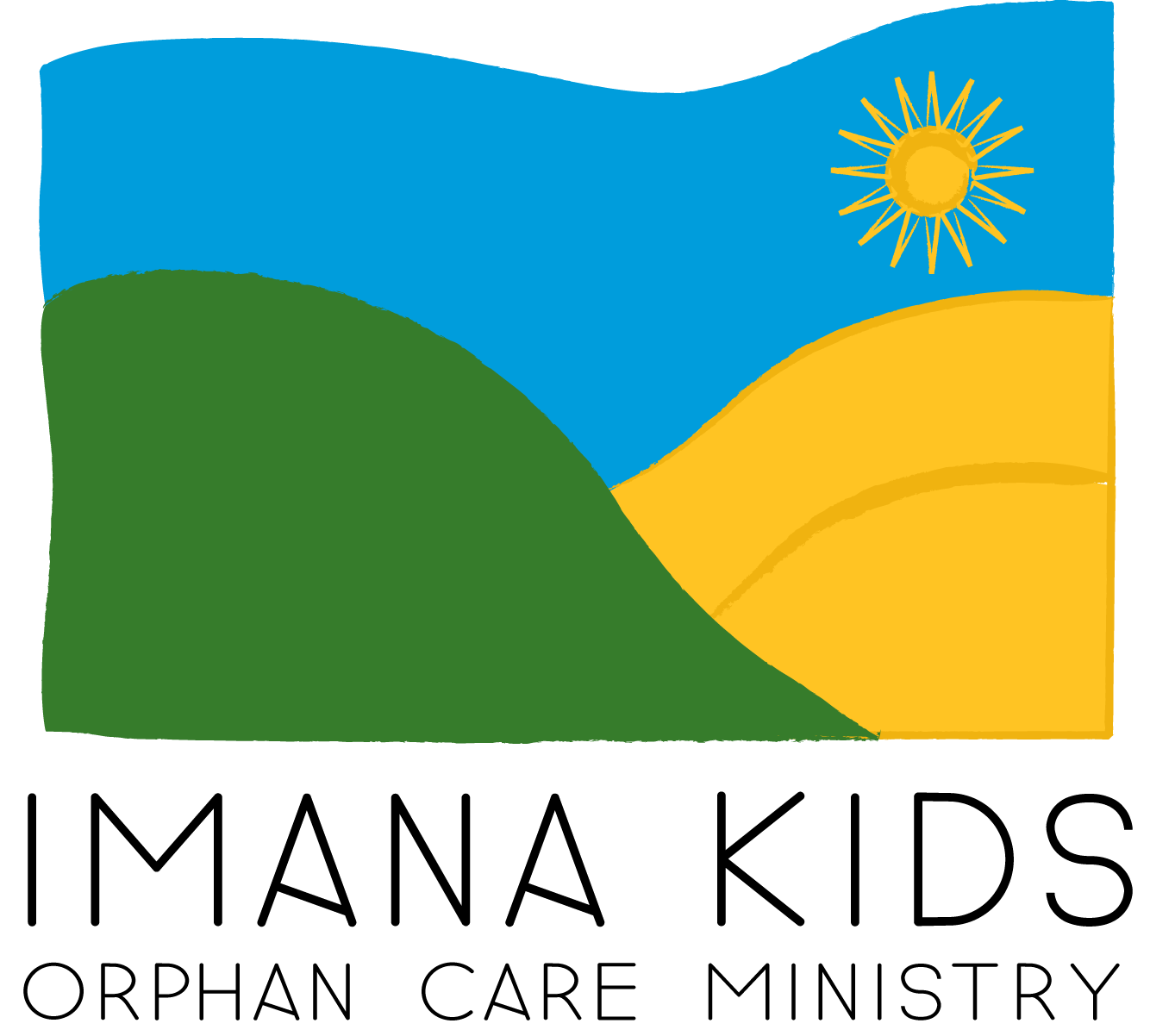How Imana Kids Started
our preschool kids after receiving new shoes
A bit of Context…
For 100 days in 1994, Rwanda experienced a genocide, known as the Genocide against the Tutsi, in which 1/3 of the population perished. The conflict did not exclude mothers, fathers, children or families. HIV infected men used rape as a weapon of destruction, increasing the death toll in the years following those 100 days of genocide.
In the aftermath, it is estimated that 75,000 children were orphaned immediately.
In June of 2013, a small team of volunteers traveled to a small, hidden orphanage on the cliffs of Kigali, Rwanda. Although the children and widows there did not receive regular meals or have a safe place to play and sleep, they had created a family.
Encouraged and inspired by the exceptional resilience of these children, the volunteer team made a commitment to each child and young adult. This commitment included that they would not be forgotten and that this trip was only the beginning.
With that promise, Imana (God’s) Kids was born.
It’s a simple phrase. Repeat it again and really let it sink in. For a child living in the cycle of poverty; without the stability of family, a full belly, the opportunity to learn, to grow, to be seen, love is all encompassing. Love is providing consistency in the form of basic needs like clean water and nutritious meals. Love is an adult that shows up every day. Love is learning to read, to write, to study the world near and far. Love is a safe place to rest, a hug, a listening ear. In short, love is a verb!
As parents to two former Rwandan orphans, we wanted to stay connected to our children’s roots and in June of 2013, my husband Ryan and I led a team of volunteers to a compound nestled on a steep hill in Kigali, Rwanda.
As I stepped foot onto the uneven dirt floor of the compound, I actually slipped my shoes off because I knew I was on holy ground. I knew this was an intersection to the rest of our lives.
As we were surrounded by hundreds of kids, we quickly realized none of the children were known: no documents of their births existed, none attended school, none had an adult to wipe their nose or their tears.
With the knowledge of their existence, we felt that we had an obligation to do more. Maybe we can’t solve the orphan crisis worldwide, but in this corner of East Africa, we can.
So we gathered our people around our dining room table and set a goal: if we tell their stories- the stories of these unknown kids-that people will care and people will help.
We did our homework; researching the cycle of the orphan, the impact of foreign aid on communities, the best methods for overcoming poverty. Each study, each investigation or statistic all came back to education and sponsorship.
Our people are great. Our people rallied around our kids and soon that orphanage was empty. Those kids were known, in school, learning, growing and safe.
So come along with us. Join our family and let’s go.
Kara L Higgins,
Co-Founder, Co-Director

